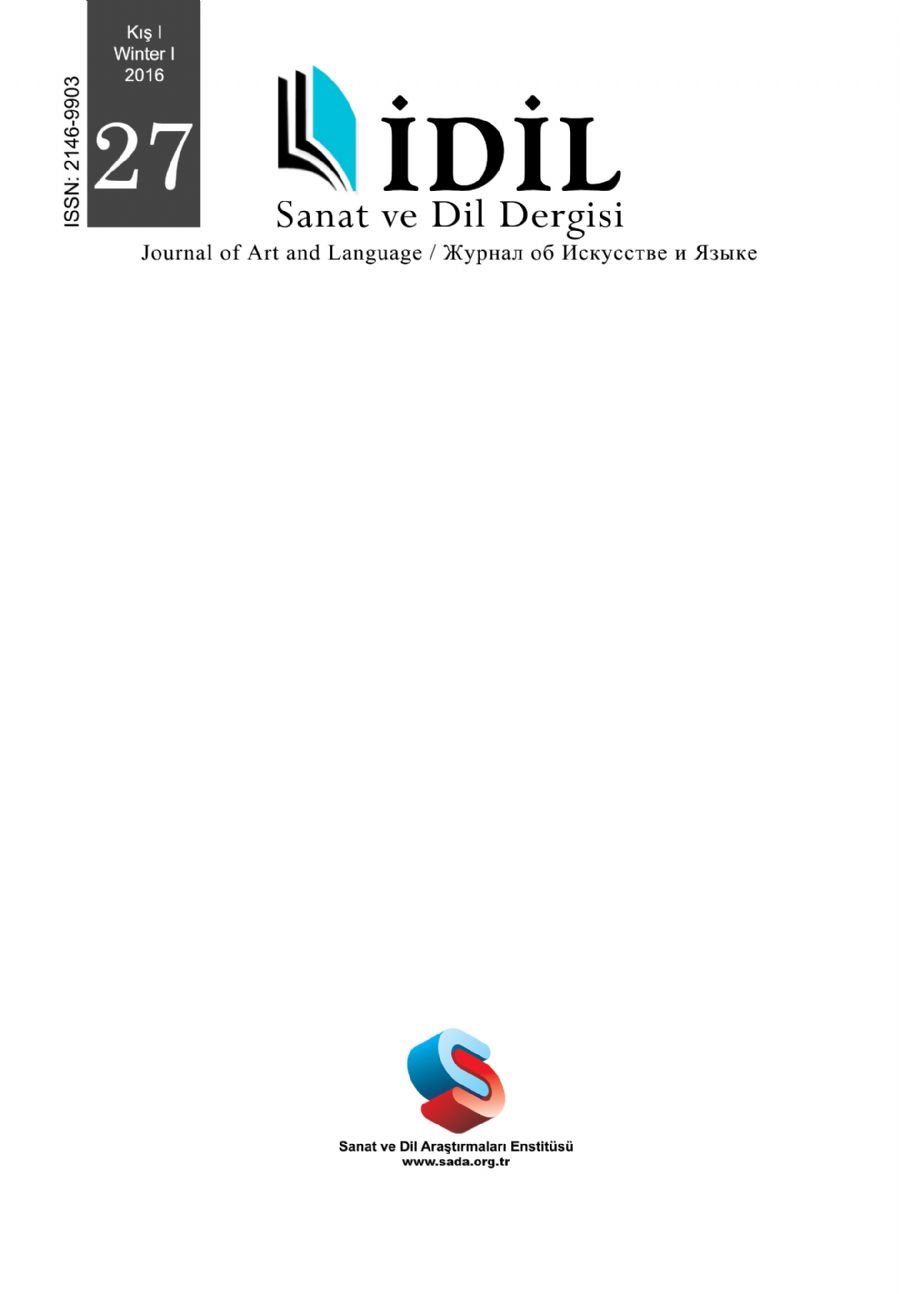DEĞERLER EĞİTİMİNDE KLASİK METİNLERDEN YARARLANMA: BÛSTÂN VE RİSÂLETÜ’NNUSHİYYE
USING CLASSICAL TEXTS IN VALUES EDUCATION: BUSTAN AND RISALATU’NNUSHIYYA
Author(s): Hiclâl DemirSubject(s): Education, Studies of Literature, Theory of Literature
Published by: Sanat ve Dil Araştırmaları Enstitüsü
Keywords: Values education; Bustan; Risalatu’n Nushiyya; Saadi Shirazi; Yunus Emre;
Summary/Abstract: Values which consist of attitudes and acceptances that guide the individual's behavior include the qualities of the “ideal person”. The set of beliefs which "make humans human" also function as a mechanism of social control. Respectful, responsible, fair and tolerant individuals are the assurance of social structure. Different methods can be followed in the training of values education which starts from the family and continues with education institutions and social life. In addition to direct methods such as inspiration and advice, literary texts which produced by societies over the centuries can be used. In these texts where narrative expression is used, the reader reaches a conclusion by developing empathy and reasoning. In this study, two classical works belonging to Persian and Turkish Nations, Bustan and Risalatu’n Nushiyya, have been compared in terms of the values they contain. Although they belong to different nations, these two advice books which are products of a common civilization are based on Islam and its holy book: Koran. Saadi Shirazi, the great poet of Iran literature, in his mesnevi called Bustan has expressed the values such as "justice, conviction, consent, modesty" in a simple and effective style in the form of stories. At the end of the stories the lessons should be learnt take place as advices. Yunus Emre, an important poet of Turkish mystic literature, in his didactic work called Risalatu’n Nushiyya has emphasized the importance of the values that would bring happiness to man in the world and in his afterlife, as Saadi has done. Yunus, who likens human body to a country, have told allegorically that greediness, stinginess, anger and back-biting, which want to capture the country, under the guidance of wisdom, yield to conviction, humility, generosity and accuracy. In these classical works, conviction, humility, generosity and accuracy are common values. In these works produced within the frame of Islamic civilization, "ideal human" portrait has been drawn considering the "good morality" principle of Islam. New generations should know these works which contain overtones of the wisdom of Saadi Shirazi and Yunus Emre and do not decrease value over time. New generations should also enrich their world of thought, adopting the values emphasized in these works. Because these values are the key to social peace and cure for a lot of problems of modern man as well.
Journal: İdil Sanat ve Dil Dergisi
- Issue Year: 5/2016
- Issue No: 27
- Page Range: 2027-2046
- Page Count: 20
- Language: Turkish

